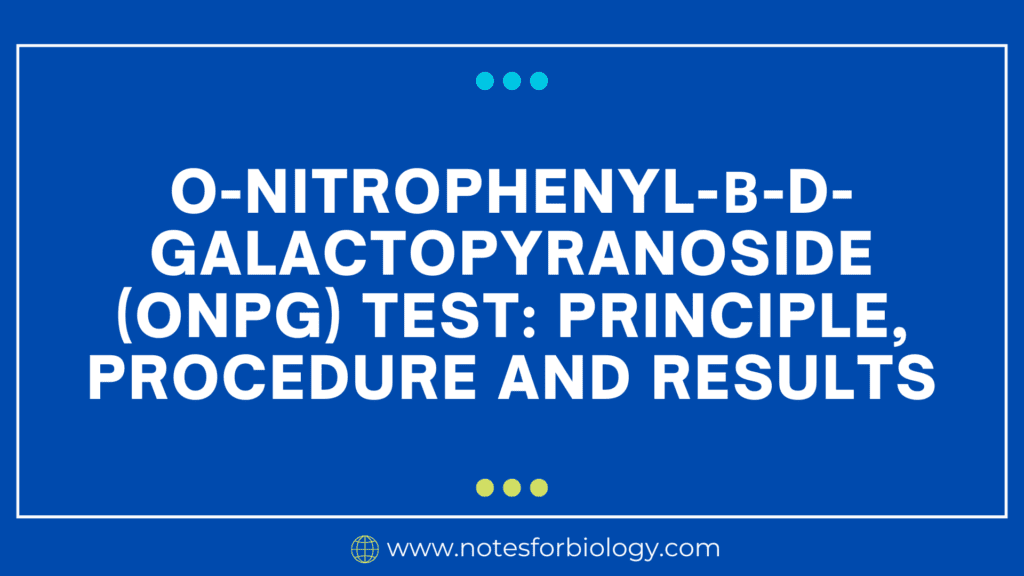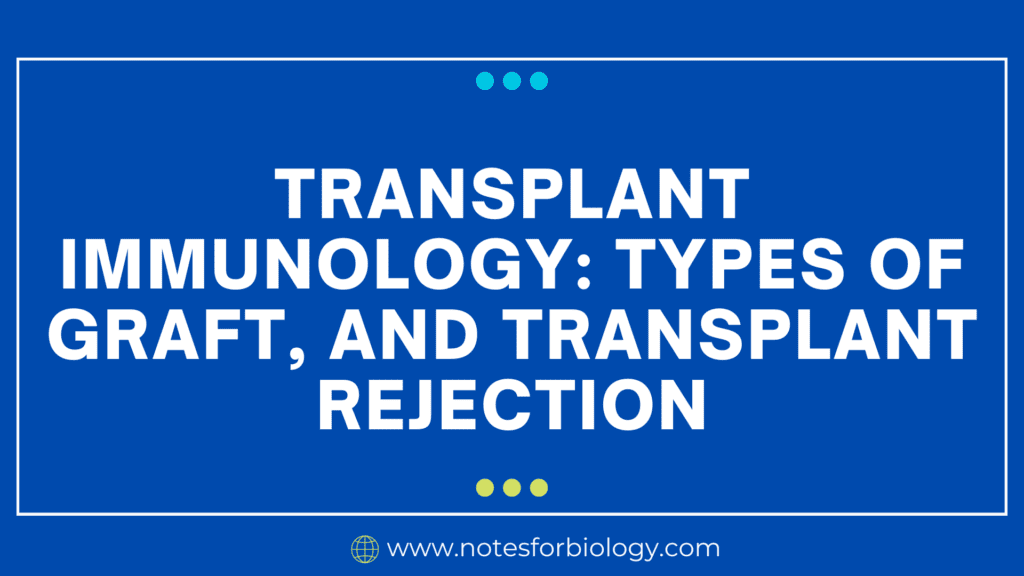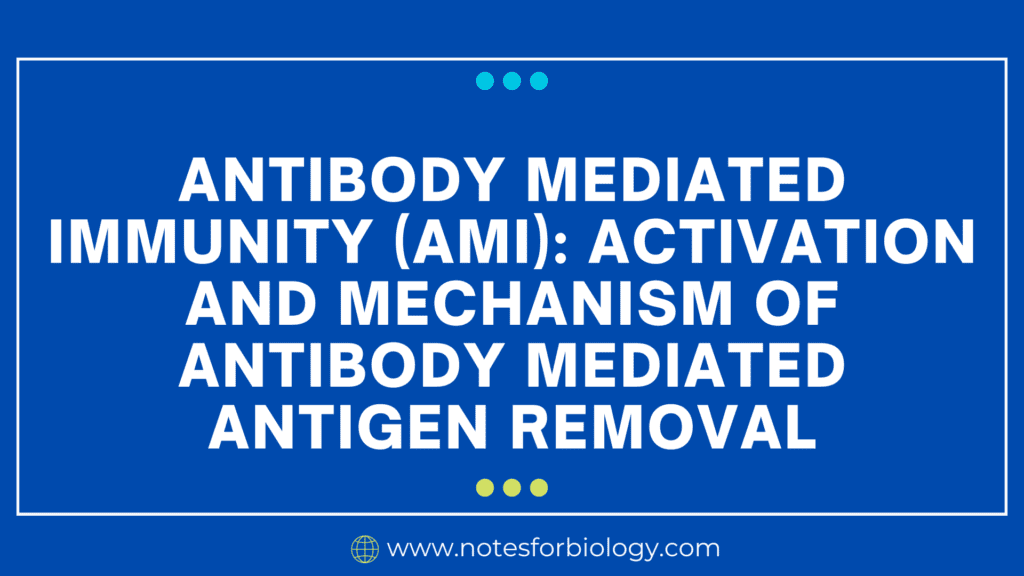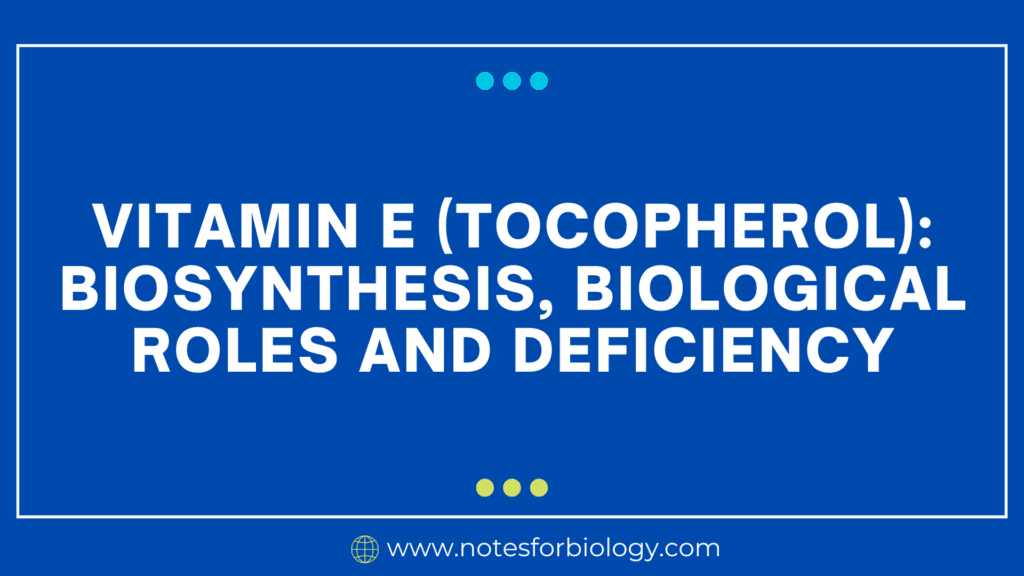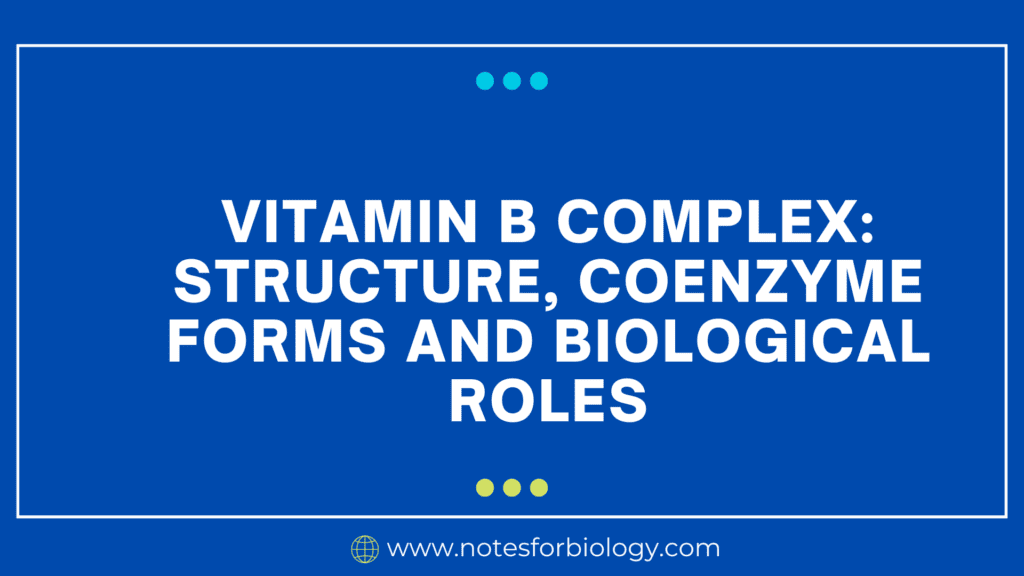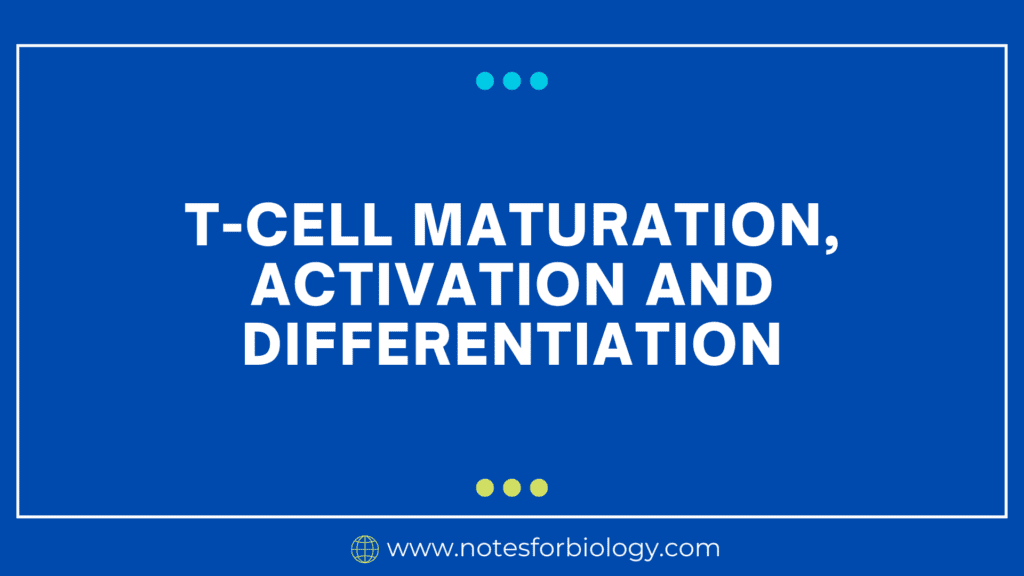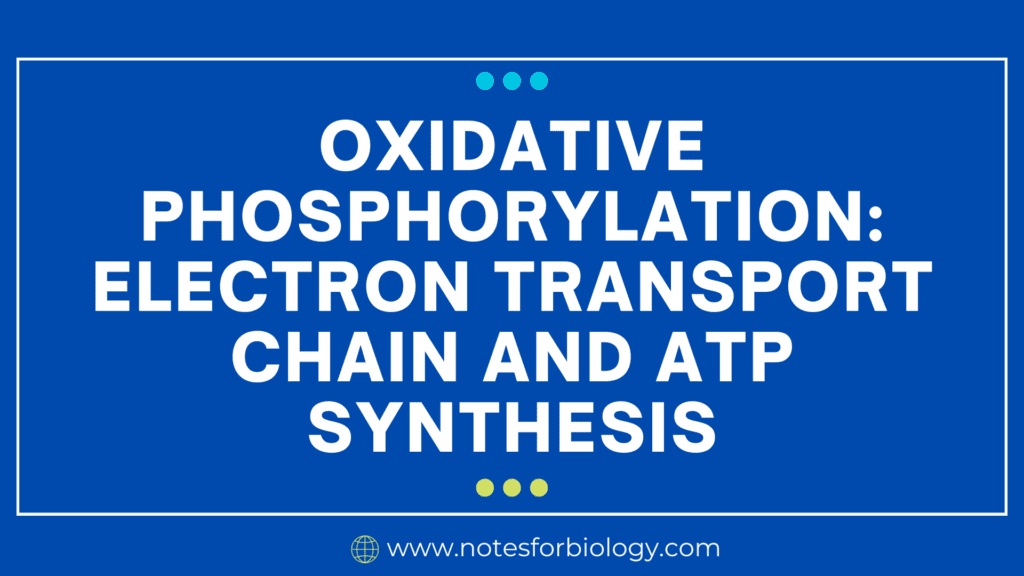O-Nitrophenyl-β-D-Galactopyranoside (ONPG) test: Principle, Procedure and Results
O-Nitrophenyl-β-D-Galactopyranoside (ONPG) test is a simple and effective method for detecting β-galactosidase activity in bacteria. By providing a clear visual result based on color change, it aids in the identification and differentiation of bacterial species, especially within the family Enterobacteriaceae. O-Nitrophenyl-β-D-Galactopyranoside (ONPG) test O-Nitrophenyl-β-D-Galactopyranoside (ONPG) test detects the presence of the enzyme β-galactosidase in bacteria. […]
O-Nitrophenyl-β-D-Galactopyranoside (ONPG) test: Principle, Procedure and Results Read More »

